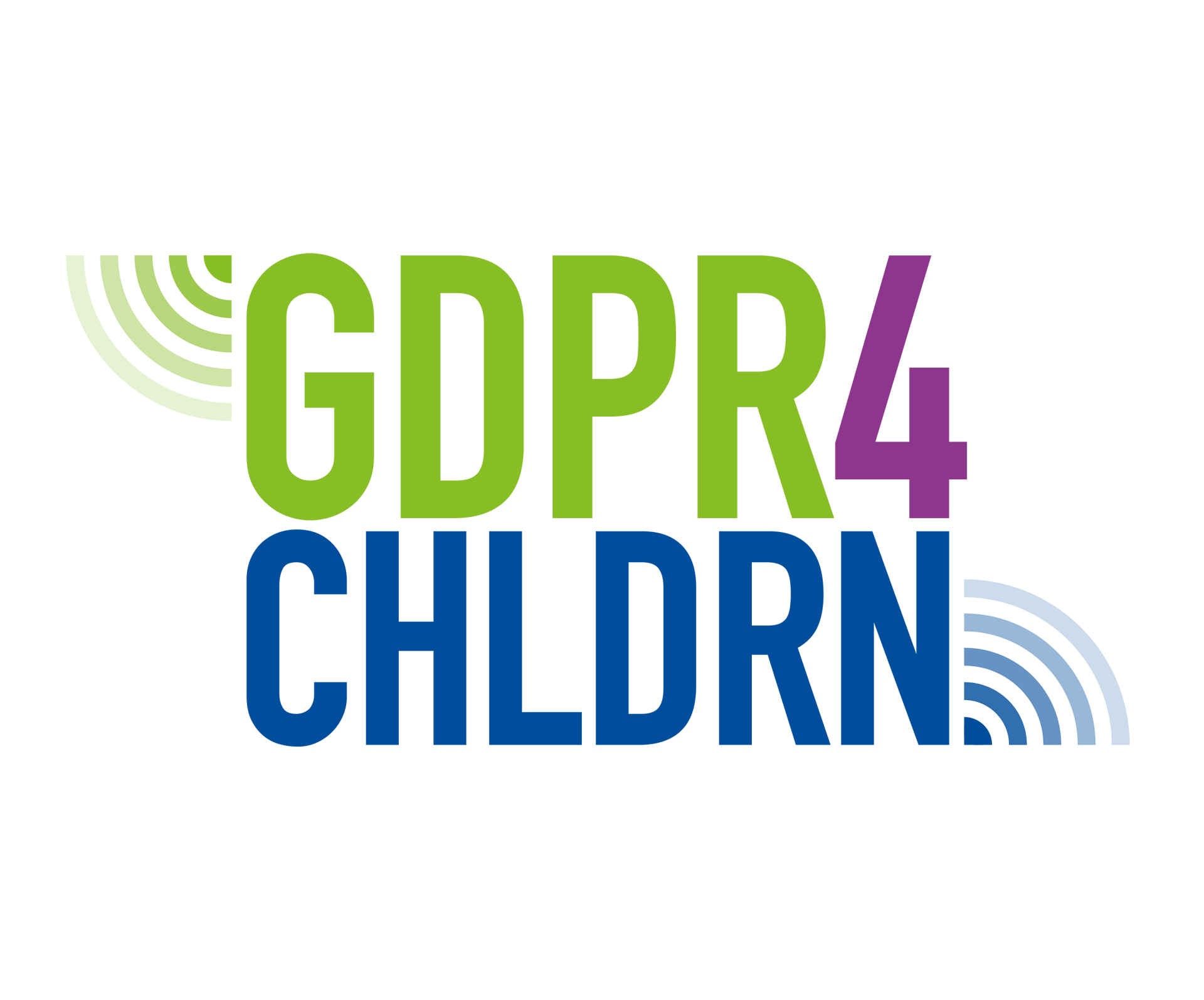What does ‘information society services intended for children’ mean?
The GDPR makes several references to ‘information society services’. These services have been defined as follows: ”All services provided as electronic distance services usually requested by recipients against payment.” The definition also applies to services for which the recipients do not pay directly, such as online services funded by advertising.
Such services include social media, blogging platforms, video streaming sites, online games and various gaming applications. For example, various applications with which children or young people can register for practice or weekend training camps can be used in hobbies.
According to the data protection legislation, children younger than 13 need their custodian’s consent or authorisation for using information society services, such as social media and various applications. However, children may use counselling and support services and preventive services without their custodian’s consent.
Personal data can be processed in information society services either based on consent, or because the processing is necessary for the performance of an agreement made with the data subject or to take steps at the request of the data subject prior to entering into a contract.
